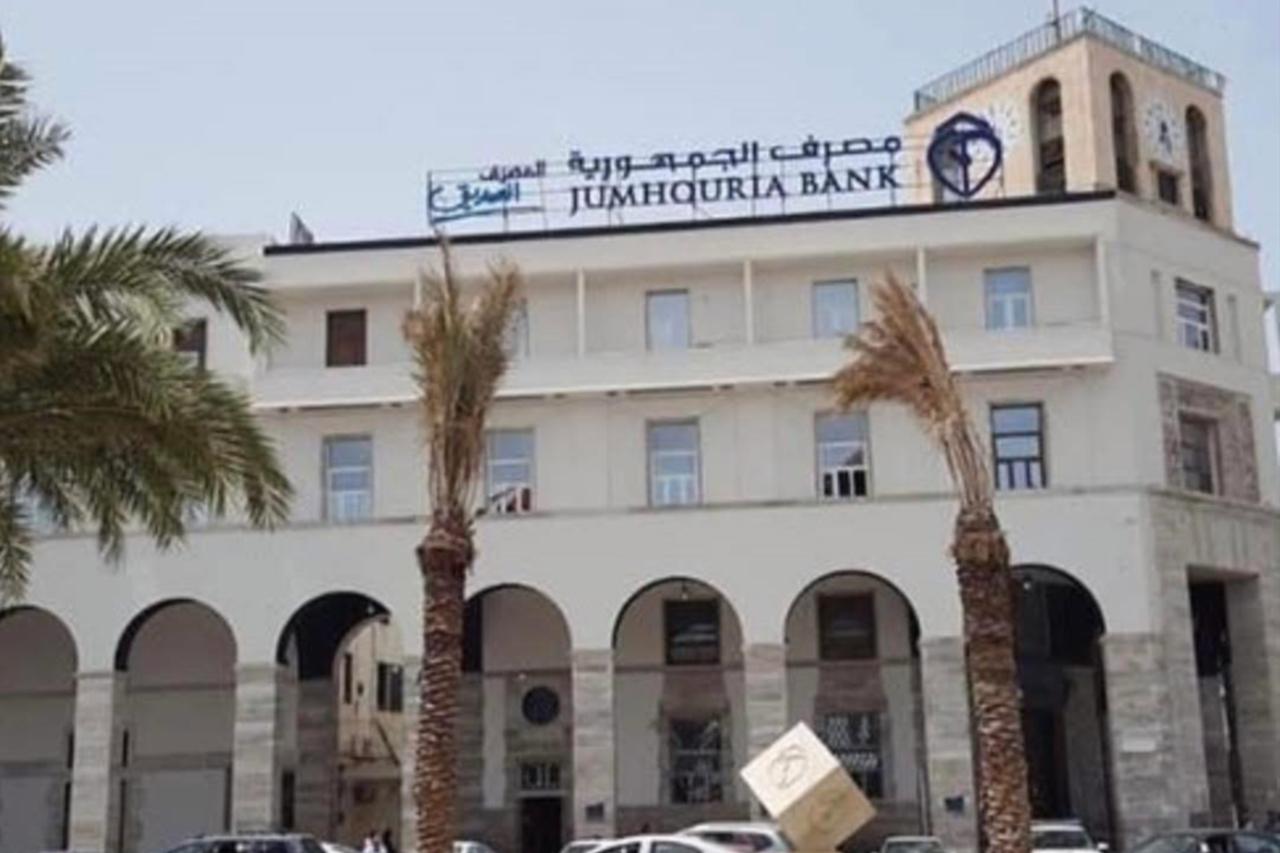
Libya’s Al-Jumhouria Bank is under increased scrutiny after prosecutors uncovered multiple embezzlement cases totaling tens of millions of dinars and referred a senior bank official to court, raising questions about oversight and accountability in the country’s largest state-owned lender.
The Anti-Corruption Prosecution under the jurisdiction of the Tripoli Court of Appeals on Wednesday referred the assistant manager of Al-Jumhouria Bank’s branch to court on charges of embezzling a client’s funds.
The Office of the Attorney General revealed the cases within a single week, exposing a pattern of financial misconduct that has raised alarms over internal oversight and governance inside the bank.
In the most prominent ruling, the Tripoli Court of Appeals sentenced an employee at the Al-Qadisiyah branch to seven years in prison for embezzling 8.2 million dinars—about $1.49 million at an exchange rate of 5.5 dinars to the dollar.
The court also ordered him to repay the funds, imposed a fine exceeding 16 million dinars ($2.9 million), and stripped him of civil rights for the duration of the sentence and one year afterward.
An accomplice was sentenced to a year in prison for forgery, while four other employees received suspended one-year sentences for negligence that enabled the crime.
Separate investigations found additional cases at the University District and Libyan Academy for Graduate Studies branches, with combined losses exceeding 20 million dinars ($3.64 million).
A female employee at the University District branch was detained after transferring about 2.58 million dinars ($470,000) from bank and customer accounts to her own.
At the academy branch, the assistant manager allegedly diverted 998,000 dinars ($181,000)from a client’s account without authorization.
Meanwhile, prosecutors charged a former accounting official at the bank’s Tripoli regional office with embezzling 13 million dinars through forged transactions and assistance from relatives. Several suspects remain under investigation.
Economist Mohamed al-Shaibani said the repeated incidents reveal “a structural flaw in the bank’s oversight and internal auditing systems.”
He told Al-Araby Al-Jadeed that reliance on outdated paper procedures and weak electronic links between branches “allowed violations to go undetected for years.”
He warned that the persistence of such crimes in public banks undermines citizens’ trust in the financial system and should prompt monetary authorities to overhaul governance and supervisory frameworks.
Neither Al-Jumhouria Bank nor the Central Bank of Libya has publicly commented on the investigations.